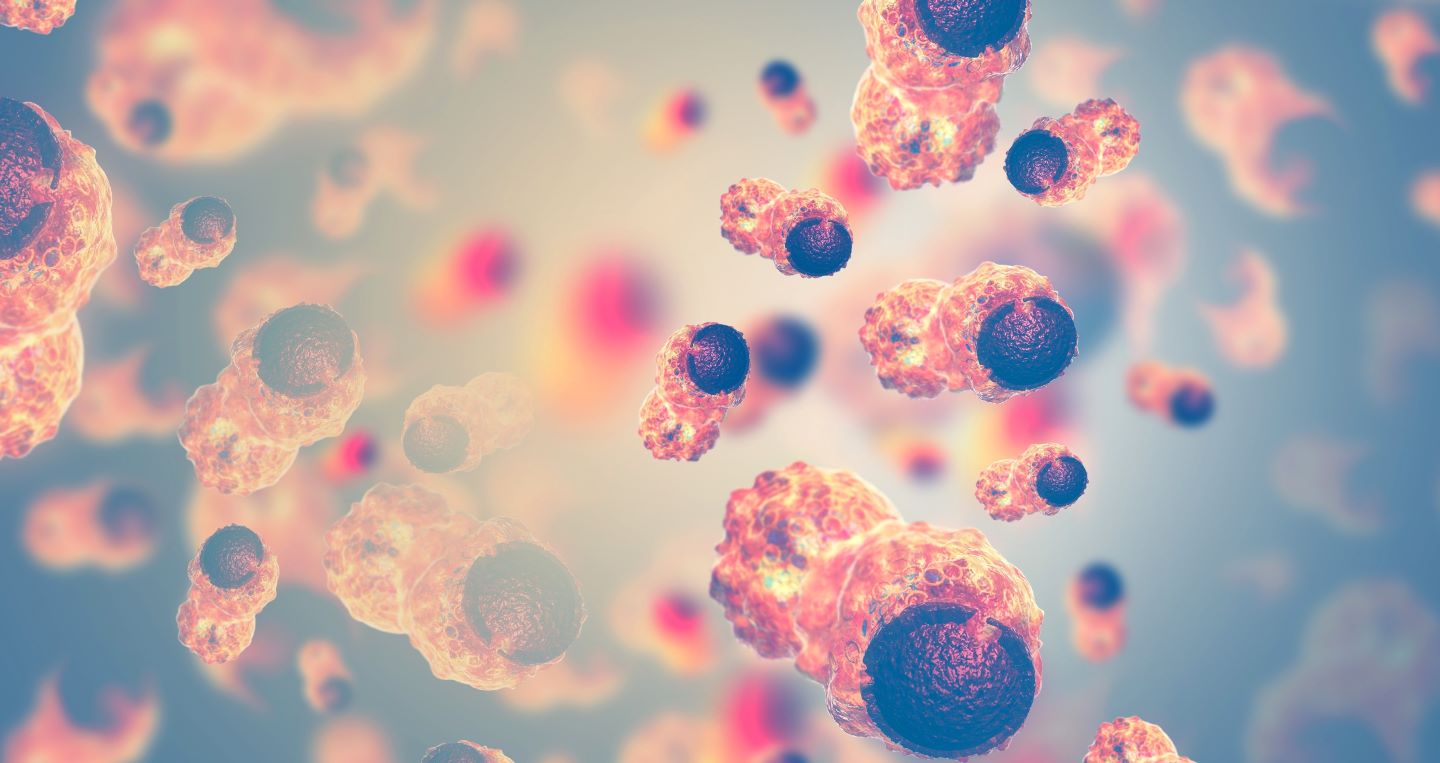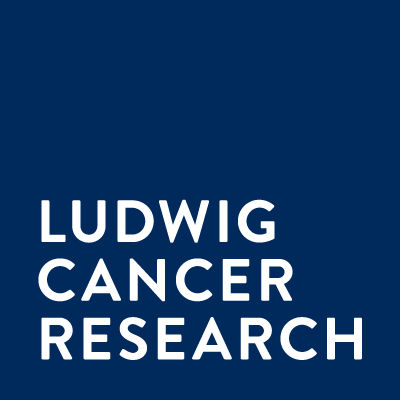预约演示
更新于:2025-05-07
Lewis-Y antigen
更新于:2025-05-07
基本信息
别名- |
简介- |
关联
18
项与 Lewis-Y antigen 相关的药物作用机制 Lewis-Y抗原调节剂 [+2] |
最高研发阶段临床2期 |
首次获批国家/地区- |
首次获批日期1800-01-20 |
作用机制 Lewis-Y抗原调节剂 [+2] |
在研适应症 |
非在研适应症 |
最高研发阶段临床1期 |
首次获批国家/地区- |
首次获批日期1800-01-20 |
作用机制 HPK1抑制剂 [+4] |
在研机构 |
原研机构 |
非在研适应症- |
最高研发阶段临床1期 |
首次获批国家/地区- |
首次获批日期1800-01-20 |
26
项与 Lewis-Y antigen 相关的临床试验ACTRN12622001542785
A Pilot Study Assessing Safety and Tolerability of Lewis Y (LeY) targeting Chimeric Antigen Receptor (CAR) T cells in combination with Nivolumab in Patients With LeY Expressing Solid Tumours
开始日期2023-01-17 |
NCT04842812
Engineered TILs/CAR-TILs With PD1 Knockout and Anti-PD1/CTLA4-scFv Secreting or CARs Against Various Antigens to Treat Advanced Solid Tumors
Tumor infiltration lymphocytes (TILs) have been harvested from advanced cancer patients and constructed to knockout PD1 gene and express scFvs against both PD1 and CTALA4 and CARs against various antigens, followed by transfusion into the patients. The safety, tolerance, and preliminary clinical efficacy of the TILs will be evaluated.
开始日期2021-01-01 |
申办/合作机构  广州医科大学附属第二医院 广州医科大学附属第二医院 [+1] |
100 项与 Lewis-Y antigen 相关的临床结果
登录后查看更多信息
100 项与 Lewis-Y antigen 相关的转化医学
登录后查看更多信息
0 项与 Lewis-Y antigen 相关的专利(医药)
登录后查看更多信息
122
项与 Lewis-Y antigen 相关的文献(医药)2025-05-01·International Journal of Biological Macromolecules
Protease-activated anti-Lewis Y antibody enhances selectivity and safety of glycan-targeting cancer therapy
Article
作者: Lin, Wen-Wei ; Shen, Ying-Rou ; Ho, Kai-Wen ; Chang, Tong-Husan ; Liao, Tzu-Yi ; Cheng, Tian-Lu ; Hsieh, Yi-Hsuan ; Hong, Shih-Ting ; Wu, Hsuan-Hui ; Lee, Yu-Chi ; Chen, Yen-Ying ; Chang, Chia-Chun ; Lee, Wen-Han ; Lu, Yun-Chi ; Liu, Liang-Yirn ; Chen, Ching-Kuei ; Yang, Mei-Chun ; Cheng, Yi-An ; Huang, Bo-Cheng
2023-03-01·Biochimie
Purification and characterization of a hemocyanin with lectin-like activity isolated from the hemolymph of speckled shrimp, Metapenaeus monoceros
Article
作者: Dilna, C ; Soni, Priyanka ; Prasanth, Ganesh K ; Duddukuri, Govinda Rao ; Kanade, Santosh R ; Ghufran, Md Sajid
2023-03-01·JPMA. The Journal of the Pakistan Medical Association
X-ray inhibits FUT4-mediated proliferation in A549 cells by downregulating SP1 expression.
Article
作者: Gao, Wei ; Liang, Jin-Xiao ; Wei, Wei-Tian ; Liu, Jin-Shi ; Yang, Xun
2
项与 Lewis-Y antigen 相关的新闻(医药)2025-03-27
Data highlights preclinical efficacy and safety of GNX1021, a novel glycan-targeting ADC, in gastric cancer models
NEW TAIPEI CITY, Taiwan, March 27, 2025 /PRNewswire/ -- GlycoNex, Inc. (4168, hereinafter referred to as GNX), a clinical stage biotechnology company focused on the development of glycan-directed cancer immunotherapies, today announced that preclinical data on GNX1021 will be presented on April 28 at the American Association for Cancer Research (AACR) Annual Meeting 2025 in Chicago, Illinois.
GNX1021 is an antibody-drug conjugate (ADC) targeting branched Lewis B/Y (bLeB/Y), a unique tumor-associated glycan antigen overexpressed in gastric cancer and other solid tumors. The poster will highlight in vivo efficacy and safety findings from gastric cancer models that demonstrate GNX1021's tumor control activity.
"We are very pleased that research involving GNX1021, our glycan-targeting ADC, was accepted for presentation at AACR 2025," said Dr. Mei-Chun Yang, CEO of GlycoNex. "AACR is one of the most influential oncology meetings in the world, and the opportunity to showcase the potential of GNX1021 to treat gastric cancer, an often-deadly cancer with few available therapies, highlights the importance of this program."
Presentation Details:
About GlycoNex Inc.
GlycoNex Inc. is a clinical-stage biotechnology company focused on the development of glycan-directed cancer immunotherapies that effectively inhibit tumor growth while minimizing side effects. GlycoNex possesses a robust pipeline led by GNX102, a humanized monoclonal antibody (mAb) designed to target abnormal sugar molecules in cancer cells. GNX102 has successfully completed Phase 1 clinical trials with data demonstrating excellent safety and promising efficacy. GlycoNex is also advancing a portfolio of antibody-drug conjugates (ADCs) that precisely attack cancer cells while sparing healthy tissue. GlycoNex is headquartered in New Taipei City, Taiwan. For more information, visit .
Contact
s for GlycoNex, Inc.
Investor Relations
Tiberend Strategic Advisors, Inc.
David Irish
[email protected]
Media Relations
Eric Reiss
[email protected]
SOURCE GlycoNex, Inc.
WANT YOUR COMPANY'S NEWS FEATURED ON PRNEWSWIRE.COM?
440k+
Newsrooms &
Influencers
9k+
Digital Media
Outlets
270k+
Journalists
Opted In
GET STARTED
AACR会议临床1期免疫疗法抗体药物偶联物
2023-07-12
Crossbow Therapeutics will use the funds to develop therapies to treat cancer. Credit: crystal light via Shutterstock.com.
Crossbow Therapeutics has raised
Series A funds worth $80m
to develop a new class of antibody treatments for cancer.
MPM BioImpact and Pfizer Ventures led the funding round, with Polaris Partners, BVF Partners and
Eli Lilly and
Company among others taking part.
Recommended Reports
Reports
LOA and PTSR Model - Vaccine For Oncology in Colorectal Cancer
GlobalData
Reports
LOA and PTSR Model - Gene Therapy To Target Lewis Y Antigen For Lung Cancer in Lung Cancer
GlobalData
View all
Companies Intelligence
Eli Lilly and Co
Polaris Partners LLC
BVF Partners LP
Crossbow Corp
Pfizer Ventures LLC
View all
Proceeds will be used to progress the development of new therapies that act on peptide-loaded major histocompatibility complexes (pMHCs) present on cancer cells.
To target pMHCs, these therapies will leverage antibodies that imitate T-cell receptors (TCR-mimetics).
The company will identify, validate and select the most promising cancer-specific targets, then create TCR-mimetic antibodies that have greater levels of cancer cell affinity and specificity.
Such TCR-mimetics will be merged with off-the-shelf T-cell engagers and immunotherapies to create tumour-bolt (T-Bolt) molecules.
These T-Bolts can be tailored to treat a variety of cancers.
Crossbow Therapeutics CEO Briggs Morrison stated: “With unparalleled accuracy and potency, our revolutionary T-Bolt products strike cancer cells like a crossbow shoots bolts at its target.
“The influx of additional capital enables us to scale our efforts to build an arsenal of TCR-mimetic-based immunotherapies designed to overcome the limitations of current treatments.”

疫苗免疫疗法
分析
对领域进行一次全面的分析。
登录
或

生物医药百科问答
全新生物医药AI Agent 覆盖科研全链路,让突破性发现快人一步
立即开始免费试用!
智慧芽新药情报库是智慧芽专为生命科学人士构建的基于AI的创新药情报平台,助您全方位提升您的研发与决策效率。
立即开始数据试用!
智慧芽新药库数据也通过智慧芽数据服务平台,以API或者数据包形式对外开放,助您更加充分利用智慧芽新药情报信息。
生物序列数据库
生物药研发创新
免费使用
化学结构数据库
小分子化药研发创新
免费使用


